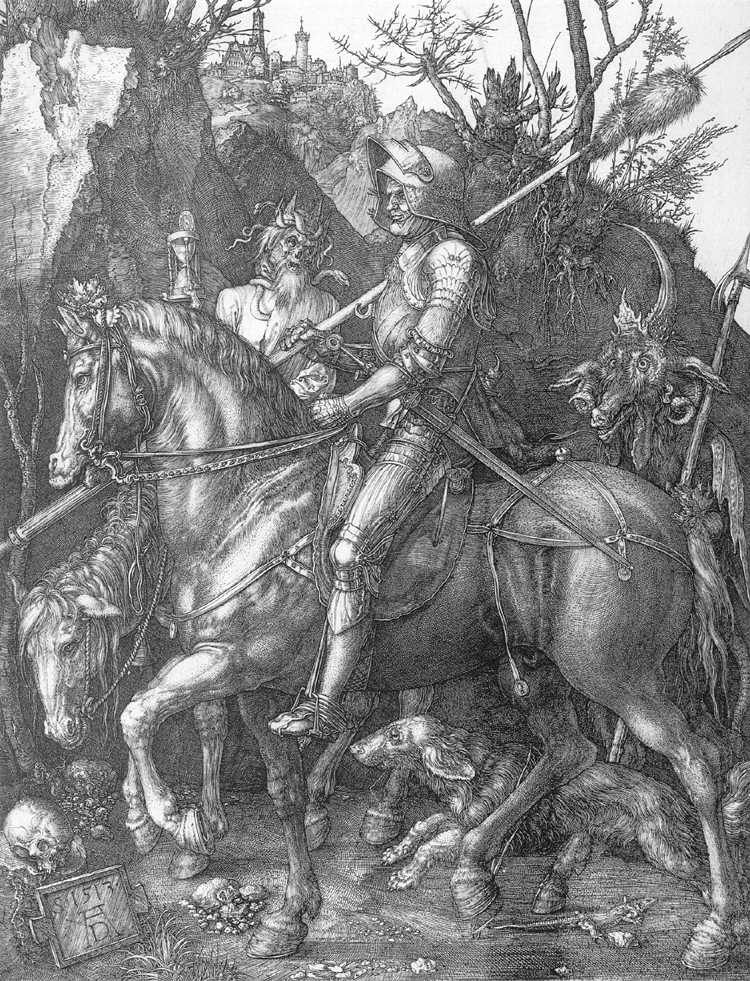
There can be absolutely no doubt that Hallowe’en, whether one is superstitious or not, is a festival dedicated to remembering the dead; although in this part of the world – Ireland and Scotland – it isn’t Hallowe’en, it’s Samhain (pronounced sow-in).
Samhain was an ancient Celtic festival with pre-Christian roots, a festival to mark the end of harvest, and the beginning of the dark half of the year; and, among other things, Samhain was the time of year when the boundaries, or the veils between the worlds of the living and the dead were believed to be at their most transparent – the night on which the ‘spirits’ of the dead returned to our world.
And, at this time of the year, all sorts of folk traditions were celebrated.
Druids lit sacred bonfires to banish evil;
Food offerings were left on doorsteps for the wandering dead;
Candles were lit to guide the spirits of the ancestors;
Turnips were hollowed out and carved or lit to act as a kind of spiritual protection;
And, on a night of chaos, travelling after dark was not advised.
Hallowe’en is the dead end of the year, the end of things, a time to remember the cycle of life, and particularly death – in the Pagan world everything always ends with some kind of bodily death.
And for today’s Pagan (uppercase ‘P’), there are rituals to be followed, seances to be held, suppers to be eaten, gods and goddesses to be honoured, and incantations to be read or said:
This is the night when the gateway between
our world and the spirit world is thinnest.
Tonight is a night to call out those who came before us.
Tonight we honour our ancestors.
Spirits of our ancestors, we call to you,
and we welcome you to join us for this night.
We know you watch over us always,
protecting us and guiding us
and tonight we thank you.
We invite you to join us and share our meal.”
And there’s little new in this – this much we know. The world is awash with ritual and superstition, celebrations and traditions… but what is more interesting that as the Western World has become more secular, more atheistic and more rational, the celebration of the Festival of the Dead has grown in popularity.
And this is particularly noticeable in the United Kingdom. Once, in England, November 5th and ‘The Gunpowder Plot’ was the festival du jour; while here in Northern Ireland, no one went out much at all because there were things more frightening than ghosts, things which were very much alive and wandering the streets.
But now, the dead are everywhere: we dress our children as ghosts, goals, vampires, witches, zombies, goths, serial killers, trolls, monsters, murder victims, evil spirits, the Grim Reaper, bleeding pumpkins, werewolves, headless horsemen, killer clowns, devils and pretty much anything to do with death… and then we call it fun.
And what seems significant is that the secular lobby offers no protests against this irrationality – there are no complaints about, or objections to, the superstitious origins of this season, and no campaigns to ‘Keep the Hell out of Hallowe’en’.
In fact, and rather unlike the ancient Pagans, who were trying to keep death and evil at bay, the secular world has beckoned it in.
Give it few weeks, however, and there’ll be a Gadarene rush to keep the King out of Christmas.
And, like superstitious Pagans, they will soon be seeking to ward off the expressed ‘evil’ of the Christ-child. But surely there can’t be anything for them to be afraid of – God isn’t real after all, or so they say – no more real than the ghosts and ghouls they are so keen to embrace.
“See, I have set before thee this day life and good, and death and evil…”
Deuteronomy 30:15
